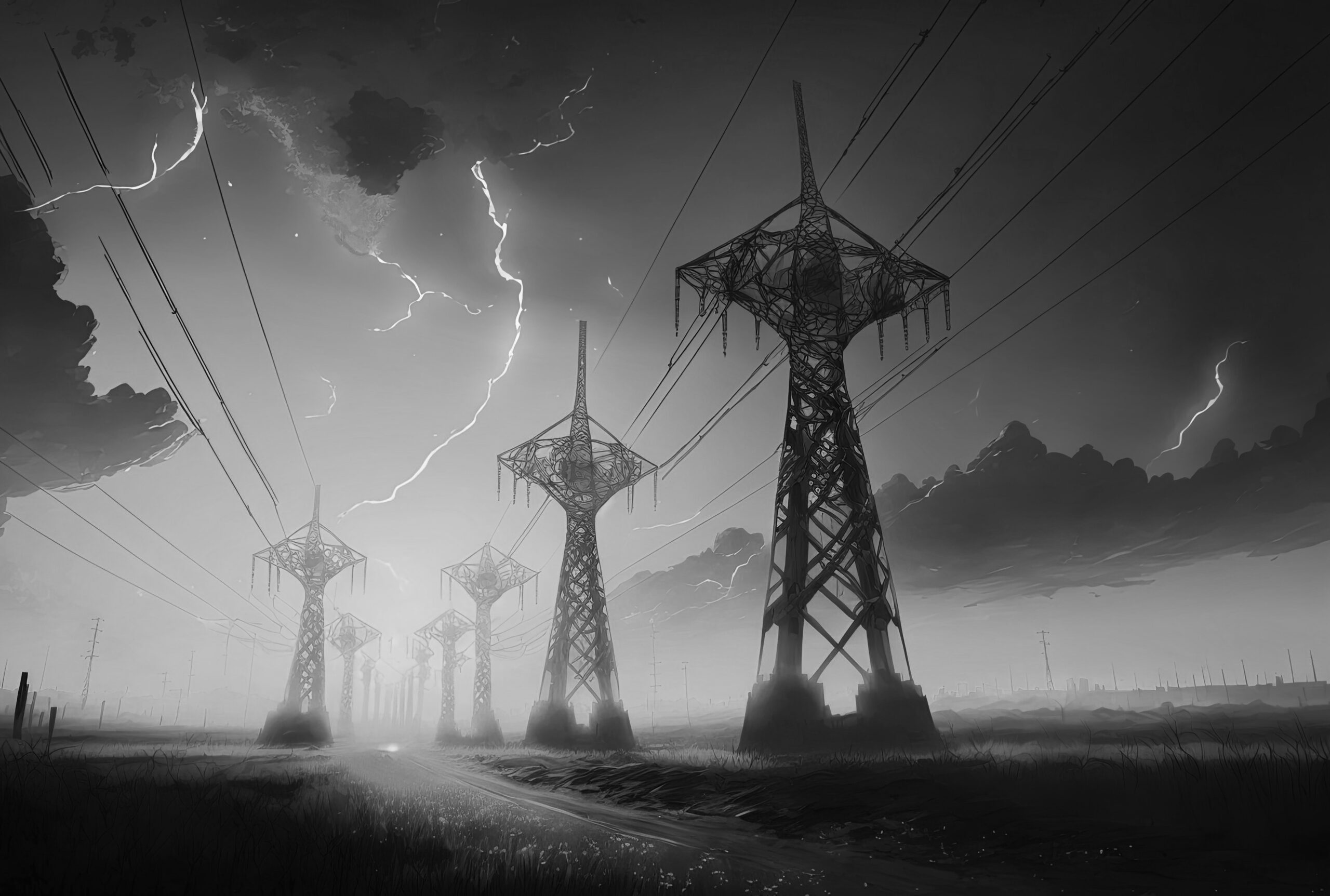Utility
As assets become increasingly dispersed, new devices join the grid, and the number of third-party service providers grows, cybersecurity will become even more important.
What You're Protecting
- High voltage (HV) transformer uptime
- Public safety (chaos from prolonged downtime)
- Key systems from outside control (ransomware)
- Power plant stability (forced combustion)
- Water preservation and distribution (public health)
- Generator destruction (forced phase reversal)


Industry Risks
Like most enterprises, utility grids have many controlled systems on closed and/or open networks. Unfortunately, as additional devices are introduced into an organization, attack vector paths can broaden if the correct configurations and maintenance regime is not implemented. The national grid is not immune to this threat.
Electrical grids utilize a wide variety of internet-connected systems including, but not limited to, Supervisory Control and Data Acquisition (SCADA), Programmable Logic Controller (PLC), Distributed Control System) (DCS), Windows Servers, and more.
Threats to the power grid have increased and several U.S. federal government agencies have issued warnings for industrial control system (ICS) devices as a threat vector for state-backed hackers who are using them for malware purposes. CISA, DOE, NSA, and the FBI have recently released warnings regarding this issue.
%
Percentage of breaches in the utility industry that resulted from phishing
%
Percentage of the nation's power infrastructure that is privately held, meaning individual companies are responsible for protecting their systems from cyber risk
%
Percentage of assets within the energy sector that are vulnerable to cyber threats
We Are Here to Help
Learn more about how our unique services can help you: Continuous Adversary Emulation, External Threat Campaign, Assumed Breach Campaign, and Penetration Testing.
Bring on BuddoBot
The only way to know if your organization can be breached by hackers is to bring on a team of professional hackers, like BuddoBot, that are Built to Breach™.
